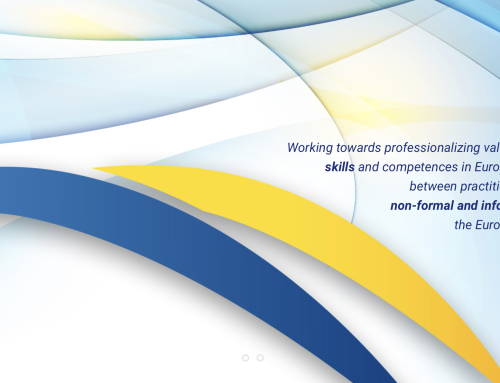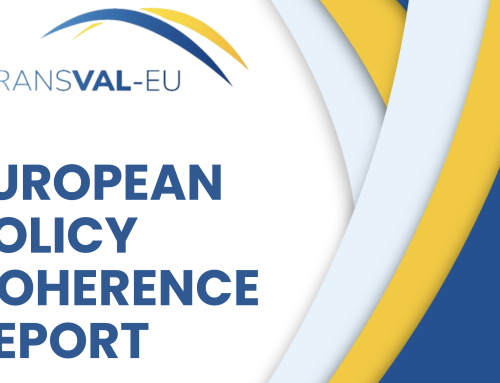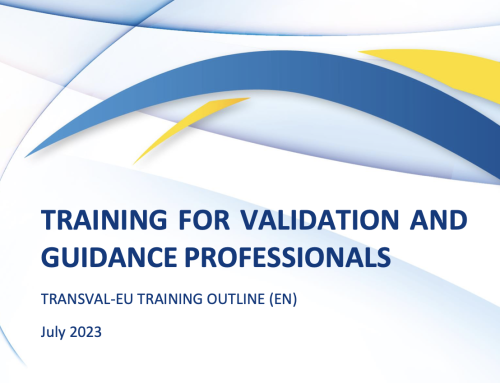Transversal Competences developed through Peer Review
During the event La Qualità della formazione e I sistemi di accreditamento (The Quality of training and accreditation system), organized by the Italian EQAVET reference point INAPP on 30 March 2023, Sylvia Liuti of FORMA.Azione intervened and highlighted the relevance of transversal competences for running an effective Peer Review.
The Peer Review is a methodology for Quality Assurance, that combines internal self-evaluation with external evaluation of an organization. In the context of EQAVET, this is related to VET and adult training centers. The external evaluation is run by a group of 4 Peers, meant as equal standing professionals that operate in similar contexts and cover similar job positions. The Peers visit a second organization, that wishes to improve the quality of its functioning and educational and training offer, and identify specific areas that they wish to be assessed on. The methodology leads to the development of an evaluation meant to support the progressive improvement of the organization under assessment, in the field of VET and adult education. The Peer Review process is conducted through a well-structured process that entails specific methods, tools, indicators, data gathering processes, to finally deliver a complete picture of the organization and identify the specific areas of improvement.
Thanks to Peer Review, the Peer professional develops key transversal competences, and especially those related to interpersonal exchange, active listening and the ability to give meaningful feedback. Indeed, these competences represent a significant added value to the more technical competences aimed at evaluation, intended as the ability to identify strengths and weaknesses of the functioning of the organization under assessment. In terms of transversal competences, the Peer develops a strong ability to express their evaluation in a supportive and non-judgmental way. Indeed, the Peer Review process doesn’t aim to judge or classify the compliance or non-compliance against specific requisites. Yet, the idea is to provide a clear and external picture of the organization, that is meant to help them achieve its improvement goals, and understand how to put in action their potential for improvement. Another key ability of the Peer is to abstain from expressing their pre-judice, meant as a judgment formed before seeing the context, because of their biased knowledge from their organization. The Peer forms an evaluation starting from the evidence gathered, and delivers constructive feedback that describes the situation, in a way so that the organization leaders and personnel don’t feel judged, but encouraged, and don’t build barriers.
Even though Peers receive training, which also focuses on communication methodologies, it is mostly through practice and experience that they actually develop such transversal competences, become aware of them and learn how to improve them.




